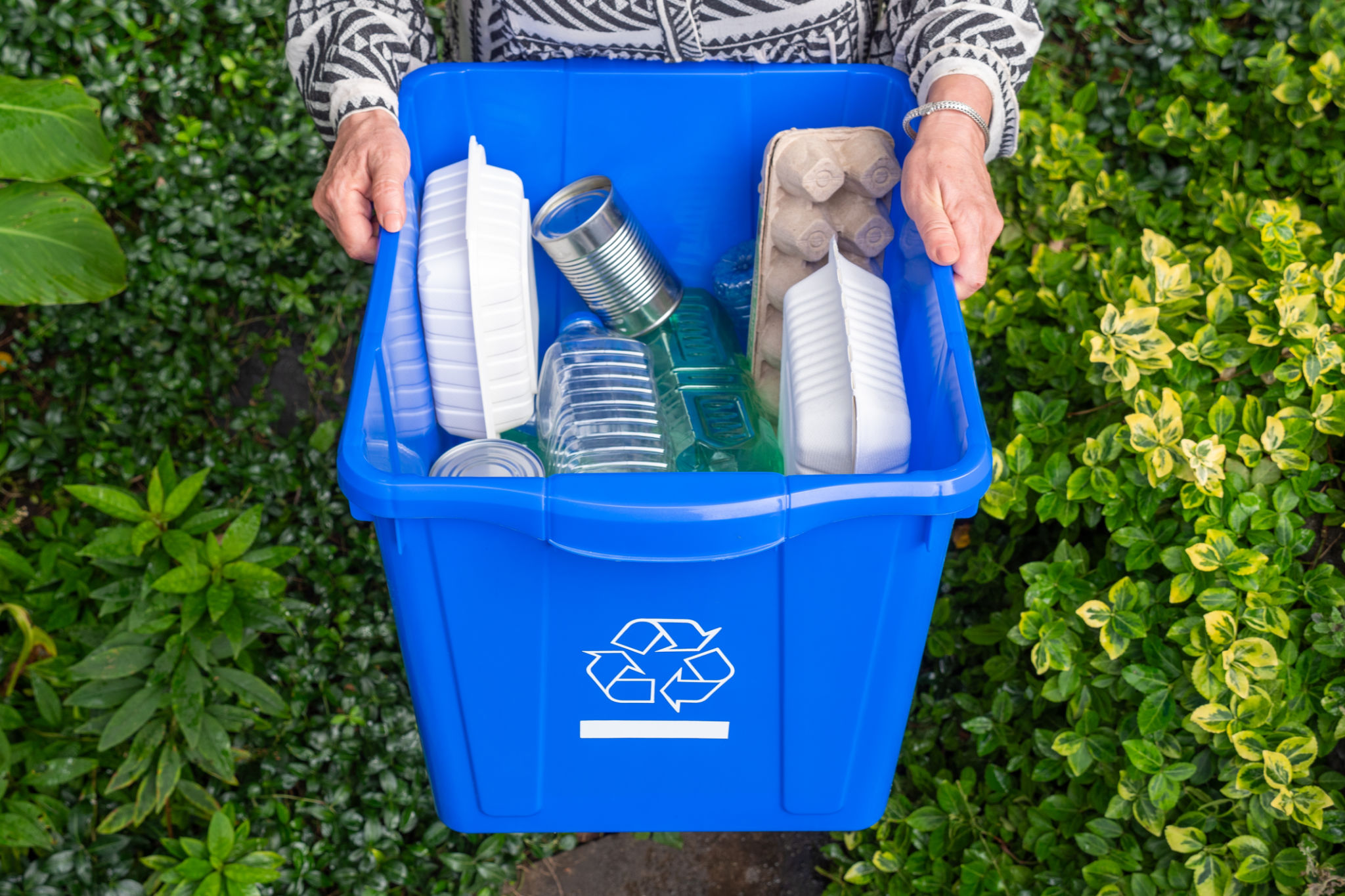Sustainable Waste Management Practices in Canada: What You Need to Know
Understanding Sustainable Waste Management
Sustainable waste management is a crucial aspect of environmental responsibility and conservation. In Canada, efforts are being made to reduce waste generation and encourage recycling and composting. Managing waste sustainably involves not only reducing the amount of waste produced but also finding innovative ways to reuse and recycle materials, thereby minimizing the environmental impact.
With increasing awareness about climate change and environmental degradation, Canadian cities are adopting policies that support sustainable waste management practices. This shift is driven by the need to conserve natural resources, reduce greenhouse gas emissions, and protect ecosystems.

Waste Diversion Strategies
Waste diversion is a key component of sustainable waste management. It refers to the processes that divert waste away from landfills through recycling, composting, and other recovery methods. In Canada, municipalities have been implementing various diversion strategies to minimize landfill usage.
Some of the most effective waste diversion strategies include:
- Recycling Programs: Encouraging the separation of recyclable materials such as paper, plastics, and metals from regular waste.
- Composting Initiatives: Promoting the composting of organic waste like food scraps and yard debris to produce nutrient-rich soil.
- Extended Producer Responsibility (EPR): Holding manufacturers accountable for the end-of-life disposal of their products.

Community Involvement and Education
Community involvement is essential for the success of sustainable waste management practices. Educating residents about the importance of reducing, reusing, and recycling can lead to more environmentally-conscious behavior. Many Canadian cities organize workshops and outreach programs to raise awareness about waste management practices.
The role of educational institutions is also significant in promoting sustainable practices. Schools and universities across Canada have introduced curricula that focus on environmental conservation and sustainability, helping to instill these values in young minds.
Innovative Technologies in Waste Management
Technological advancements are playing a significant role in transforming waste management practices in Canada. Innovations such as smart bins equipped with sensors to monitor waste levels and automated sorting systems are increasing efficiency in waste processing facilities.

Moreover, Canada is witnessing a rise in startups developing technologies aimed at reducing waste. These include platforms that connect consumers with excess food to those in need or apps that help track and reduce individual waste footprints. Such innovations are contributing significantly to the country's sustainable waste management goals.
Government Policies and Regulations
The Canadian government has implemented various policies and regulations to support sustainable waste management. These include setting targets for waste reduction and mandating recycling programs. Government grants and incentives are also available for businesses and municipalities that invest in sustainable technologies and practices.
Furthermore, stricter regulations on single-use plastics are being introduced to tackle plastic pollution. By enforcing these measures, Canada aims to reduce its environmental footprint and move towards a circular economy where materials are reused and recycled rather than discarded.

The Future of Waste Management in Canada
Looking ahead, the future of sustainable waste management in Canada is promising, with continued efforts to innovate and improve existing practices. Collaborative partnerships between governments, businesses, and communities will be crucial in achieving these goals.
As Canada moves towards a more sustainable future, it is important for individuals to stay informed and participate actively in waste reduction efforts. By adopting more sustainable habits, Canadians can contribute significantly to the protection of their environment for future generations.